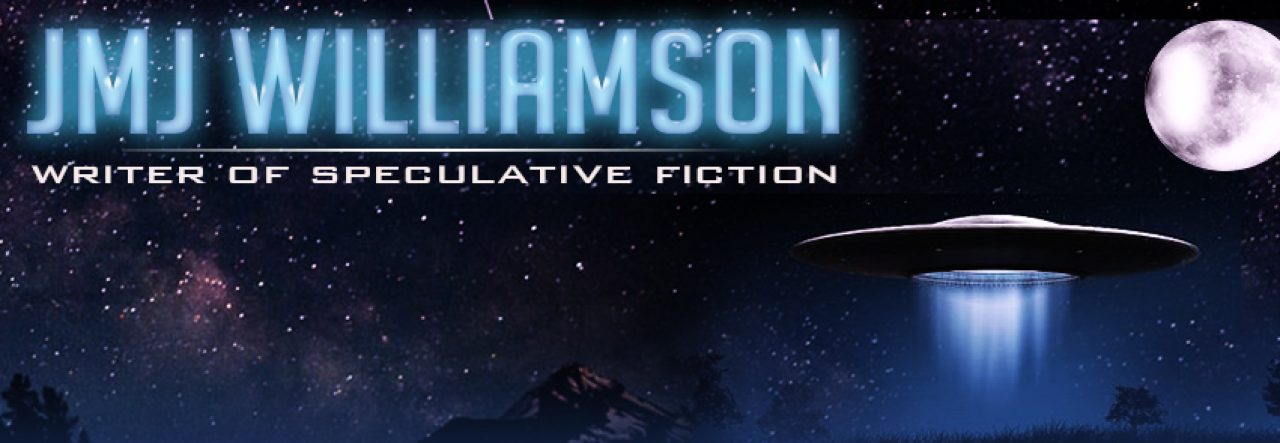One of the first books I ever read on the art of writing emphasised the need for a good opening line, opening paragraph and at least ten opening pages to catch the reader’s attention. It’s advice I find difficult to disagree with. Writers need to arouse their readers’ curiosity.
Here are some of the best opening lines that do precisely that:
‘It was a bright cold day in April, and the clocks were striking thirteen.’ — 1984 by George Orwell
‘They shoot the white girl first.’ — Paradise by Toni Morrison.
‘It was a pleasure to burn.’– Fahrenheit 451 by Ray Bradbury.
‘All children, except one, grow up.’– Peter Pan by J.M. Barrie
And how can we forget those fantastic opening lines from the classics:
‘It is a truth universally acknowledged, that a single man in possession of a good fortune, must be in want of a wife.’–Pride and Prejudice by Jane Austen
‘Call me Ishmael.’ — Moby Dick by Herman Melville
‘It was the best of times, it was the worst of times, it was the age of wisdom, it was the age of foolishness, it was the epoch of belief, it was the epoch of incredulity, it was the season of Light, it was the season of Darkness, it was the spring of hope, it was the winter of despair.’ — A Tale of Two Cities by Charles Dickens.
One can only wonder at the wordcraft of these classic writers and want to emulate them. However, the best time to do this is not when you’re writing the first draft of your story. It is when you have finished your story and can re-write a suitable start. Firstly, if you try to use a clever opening from the start, you may never get past that opening line. You maybe setting yourself too high a standard, particularly if you’re trying to emulate these classics. And secondly, once you have completed the story, you’ll have a different perspective on how the opening should link to the ending.
That brings me to the endings. There are some writers that can start writing a novel without understanding how the story will end and believe the joy of writing is in discovering that ending. These are the writers who see themselves as ‘pantsers’, and don’t like the idea of plotting in advance. If that works for them, then fine. But I could never write entirely that way myself. Once I understand the what the central conflict of the story is going to be about, the next most important element is the ending. The ending sets the direction of the story, and for me, if I don’t know the direction in which the story is going, and the big points along the way, then I can’t write. That doesn’t mean that I won’t change the story ending during the process of writing if I see a better ending in sight. I’m constantly thinking about it and ways I can improve it. And in three books I’ve published I’ve always managed to improve on my initial ideas.
Story endings are hard to create. They must have an element of surprise, but at the same time give the reader the emotional experience they expected. Many romance novels have a ‘happy ever after’ ending. But that doesn’t mean that they can’t have an element of unpredictability. For me, endings are much harder than beginnings and require just as much polish and finesse as the openings. A good opening maybe a good reason for a reader to buy your book, but a good ending will ensure he buys your next one.
If you’re a new writer or an experienced writer let me know what you think. What is harder, the beginning or the end of the story?

